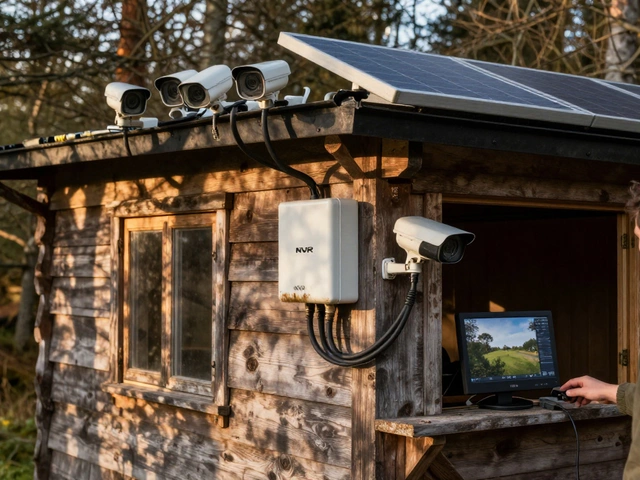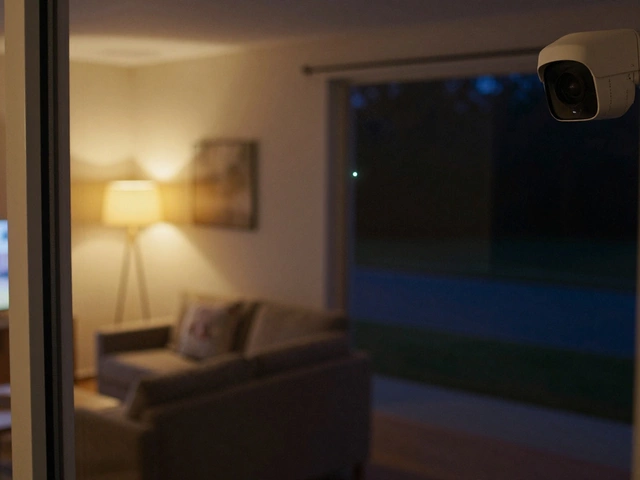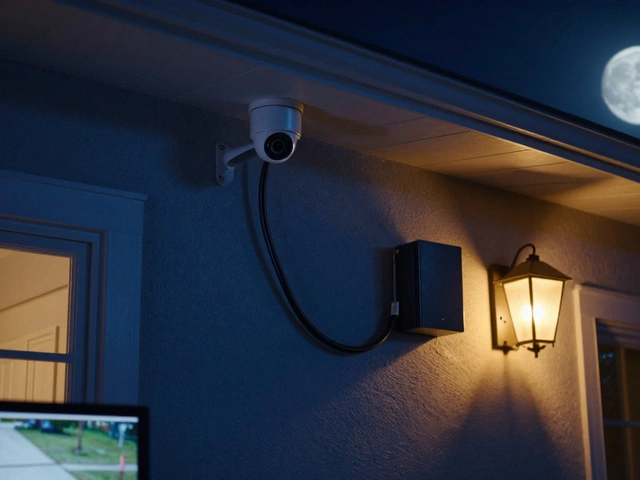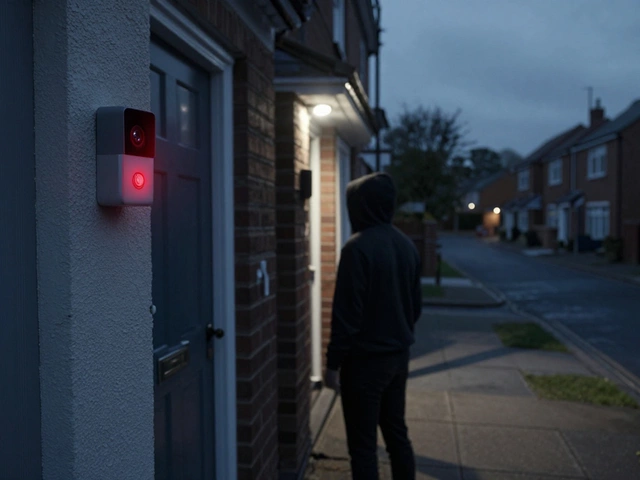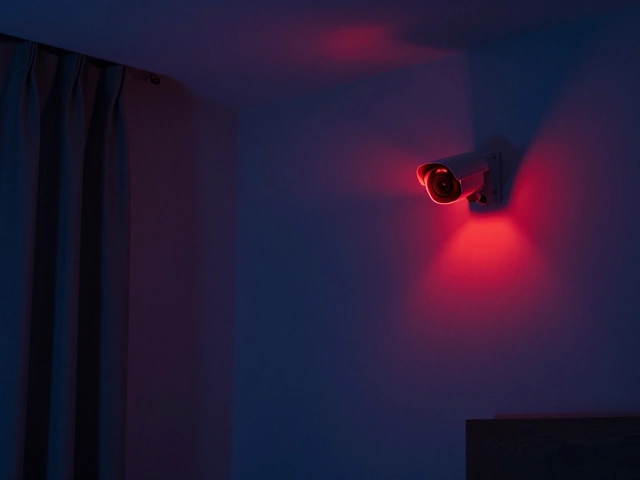Career Path in Home Security: How to Start and Grow
If you’re curious about a job that mixes tech, safety, and helping people, a career in home security might be a perfect fit. You don’t need a fancy degree, just the right mindset and a few key skills. Below you’ll see the most common entry roles, the training you’ll need, and how to climb the ladder.
Entry‑level jobs you can land right now
The easiest way to break into the field is to apply for an entry‑level position. Most security firms hire technicians, installers, and monitoring agents. As a security installer, you’ll learn to wire alarm panels, set up cameras, and test sensors. The job is hands‑on, so you’ll pick up practical knowledge faster than in a classroom.
If you prefer staying behind a screen, a monitoring centre operator role might suit you. You watch live feeds, respond to alerts, and dispatch emergency services. This job teaches you how alarms work, how to talk clearly under pressure, and the basics of incident management.
Both positions usually require a GCSE‑level education, a clean background check, and a willingness to learn. Some employers offer on‑the‑job training, but a short certification—like the City & Guilds Security Systems course—can give you a boost.
Skills and certifications that move you forward
After a few months on the floor, start building a skill set that opens higher‑paying doors. Technical know‑how is king: learn about IP networking, wireless protocols, and how to troubleshoot common faults. If you can install a hard‑wired alarm panel and also configure a Wi‑Fi camera, you become more valuable.
Certificates matter too. Look for:
- NVQ Level 2/3 in Security Systems Installation
- CompTIA Network+ (covers the basics of networking)
- CPR and First‑Aid (many firms ask for it as part of the safety training)
These credentials show you’re serious and give you leverage when asking for a raise or a promotion.
Soft skills are just as important. You’ll be dealing with homeowners who might be nervous or upset during an alarm event. Clear communication, patience, and a calm tone can turn a tense situation into a positive experience.
Moving up the ladder: from tech to management
Once you’ve mastered installations and monitoring, consider roles like team lead or project manager. A lead supervises a small crew, schedules jobs, and ensures quality control. Project managers handle larger contracts, negotiate with suppliers, and keep an eye on budgets.
To make that jump, you’ll need a broader view of the business. Learn how quoting works, what a service level agreement looks like, and the basics of sales. Many security companies promote from within, so taking any chance to sit in on client meetings or sales calls can help.
If you enjoy the technical side but want more responsibility, a systems engineer role could be ideal. Engineers design whole‑home security setups, integrate alarm systems with smart home hubs, and stay current on emerging tech like AI‑powered video analytics.
Long‑term growth and specialization
Security is a field that evolves with technology. You can specialize in areas such as:
- Smart home integration – linking alarms with lighting, locks, and voice assistants.
- Cyber‑physical security – protecting IP‑based cameras from hacking.
- Commercial security – installing systems for offices, retail stores, and warehouses.
Specialists often command higher salaries and may work as consultants, helping multiple companies improve their security posture.
Finally, consider getting a degree in a related field like Electrical Engineering, Computer Science, or Business Management. While not required, a degree can open doors to senior management or executive roles.
Bottom line: start with an entry‑level position, stack up certifications, sharpen both technical and people skills, and keep an eye on emerging tech. With steady effort, you can turn a hands‑on installer job into a rewarding career that grows alongside the security industry.


